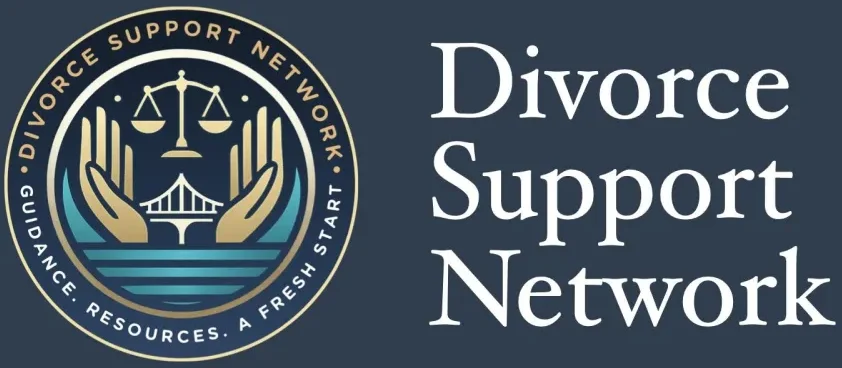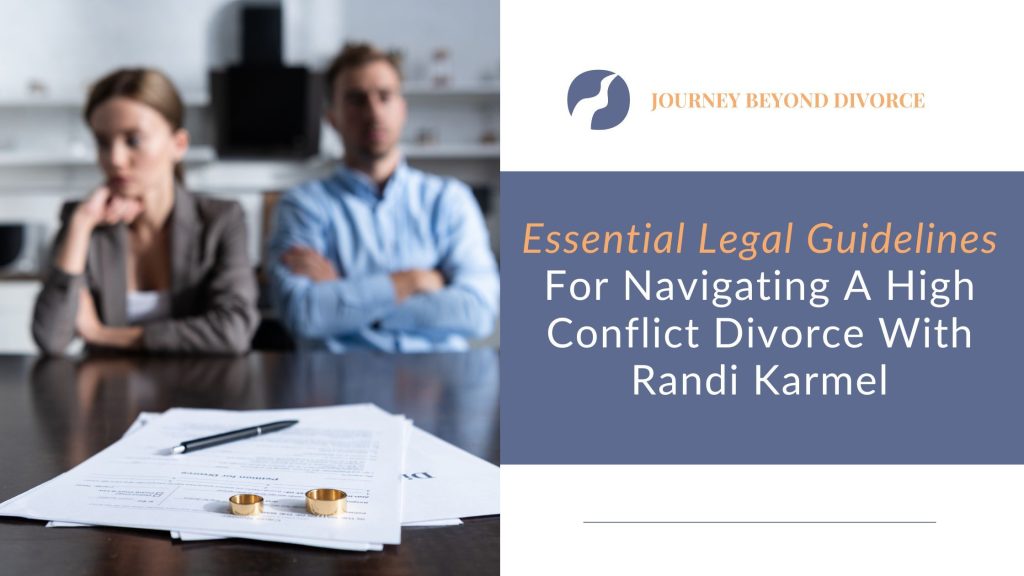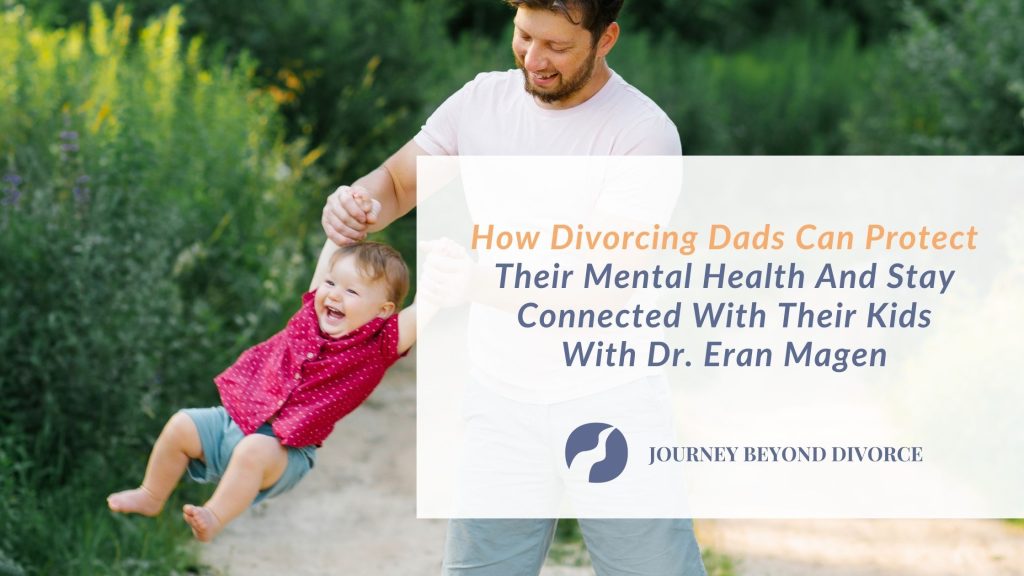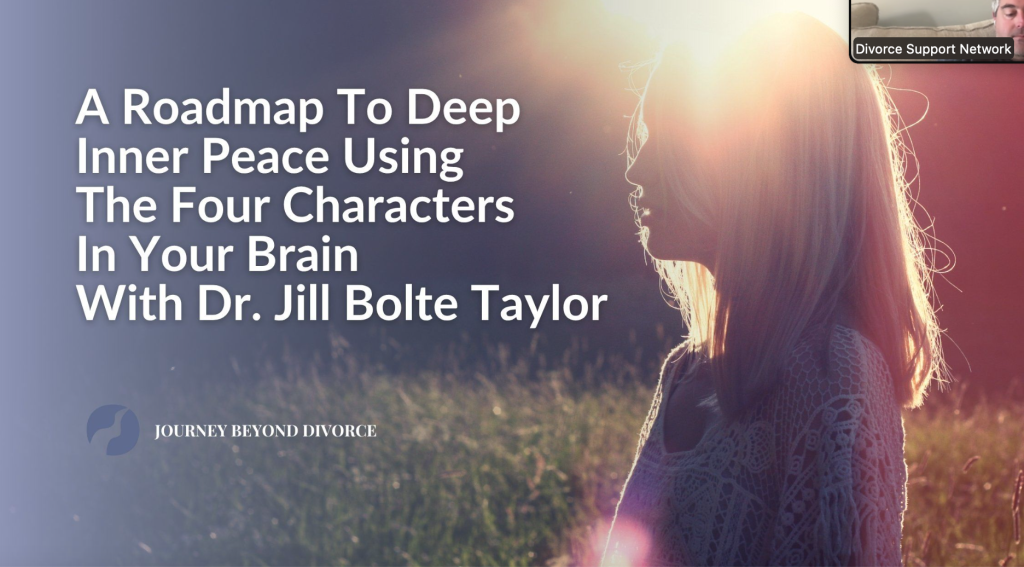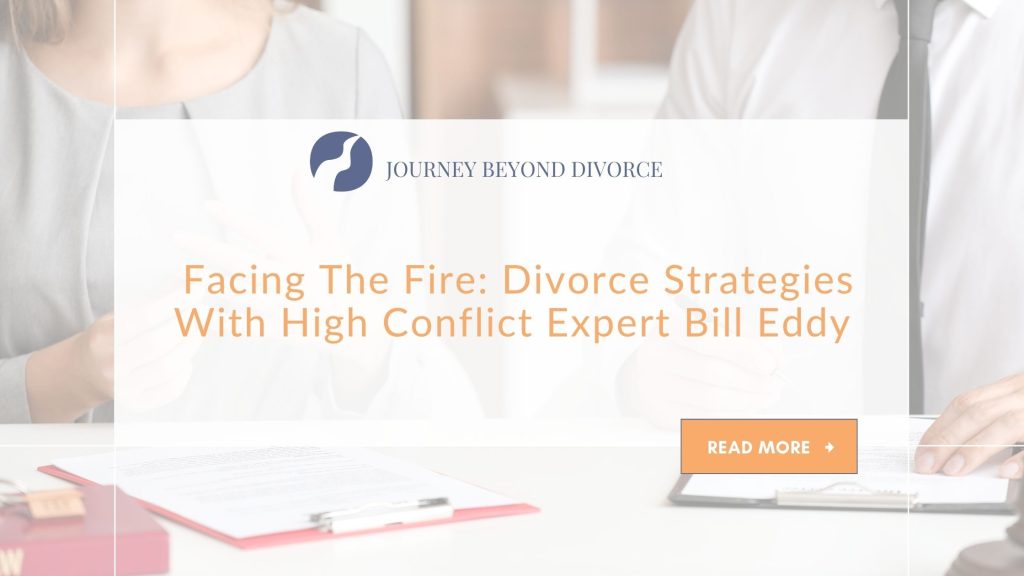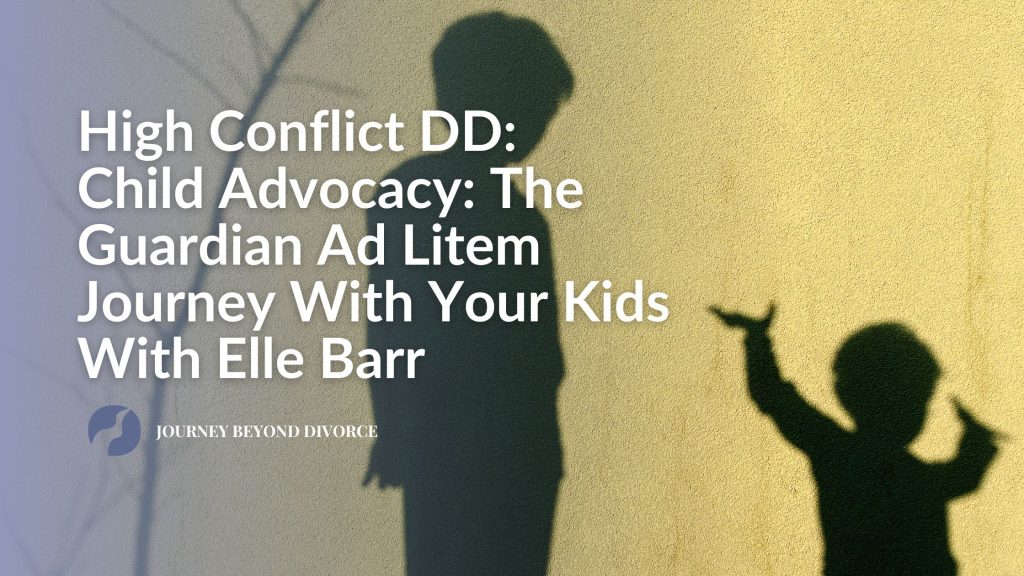Forgiveness After Divorce: Do You Have To?
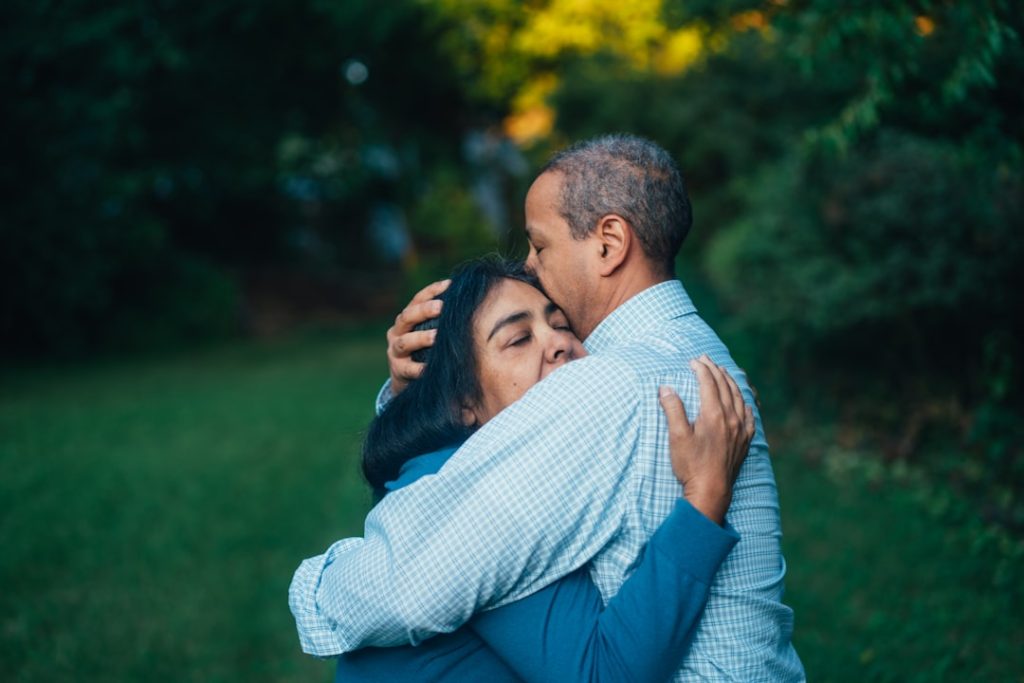
The word “forgiveness” gets thrown around a lot during and after divorce. You hear it from well-meaning friends, therapists, family members, spiritual advisors. Let it go. Don’t carry that bitterness. You need to forgive to move on.
But let’s be honest — forgiveness isn’t always that simple.
If your marriage ended in betrayal, manipulation, abuse, or abandonment, the idea of forgiving your ex might feel impossible. Even if things ended respectfully, you may still be grieving, angry, or deeply hurt. And here’s the truth that doesn’t get said enough: you don’t owe forgiveness to anyone on a timeline that doesn’t belong to you.
Forgiveness after divorce is not a finish line. It’s not a moral checkbox. And it’s definitely not a requirement for healing.
What you do owe yourself is peace. And sometimes, forgiveness is part of that. But peace can come in other forms too: acceptance, distance, boundaries, clarity. Forgiveness is one way to move forward — not the only way.
So what does forgiveness really mean in this context?
For some people, it’s releasing the emotional hold their ex has on them. It’s saying: I won’t carry this weight anymore. I won’t let your actions keep defining my mood, my memories, or my future. That doesn’t mean they’re off the hook. That doesn’t mean what happened was okay. It just means you’re choosing to loosen the grip that pain has on your life.
For others, forgiveness looks like neutrality. You’re not angry anymore, but you’re not particularly warm either. You’ve detached. Moved on. Closed the chapter without needing a bow on it. That’s valid too.
And for some, especially after emotional or psychological abuse, forgiveness doesn’t feel safe. It feels like erasing what happened. It feels like being asked to soften around a wound that still bleeds. If that’s where you are, then your healing may come through validation and boundaries, not forgiveness. You can release pain without releasing accountability.
Then there’s self-forgiveness — and that’s often the hardest part.
You might blame yourself for not leaving sooner. For staying quiet. For not seeing the signs. For how the kids are handling things. For the way you responded (or didn’t). You might carry shame that isn’t even yours.
But you did what you could with what you knew at the time. And you are allowed to stop punishing yourself for surviving something you never should’ve had to endure in the first place.
If you’re not ready to forgive, you don’t have to force it. That’s not healing — that’s performance. And if you do feel ready, but aren’t sure what forgiveness looks like in practice, start small. It might be a shift in your language. A loosening in your body. A moment of compassion, for them or for yourself.
At Divorce Support Network, we believe forgiveness is a personal choice. Not a prescription. Not a spiritual gold star. Not something that can be handed to you in a workbook or timeline. We offer support, not pressure. Tools, not ultimatums. Space to say, “I’m not there yet” — and space to say, “I think I’m finally ready.”
You get to define what healing looks like. You get to decide how it happens, how long it takes, and whether forgiveness is part of the process.
And whatever you choose — that choice is enough.
